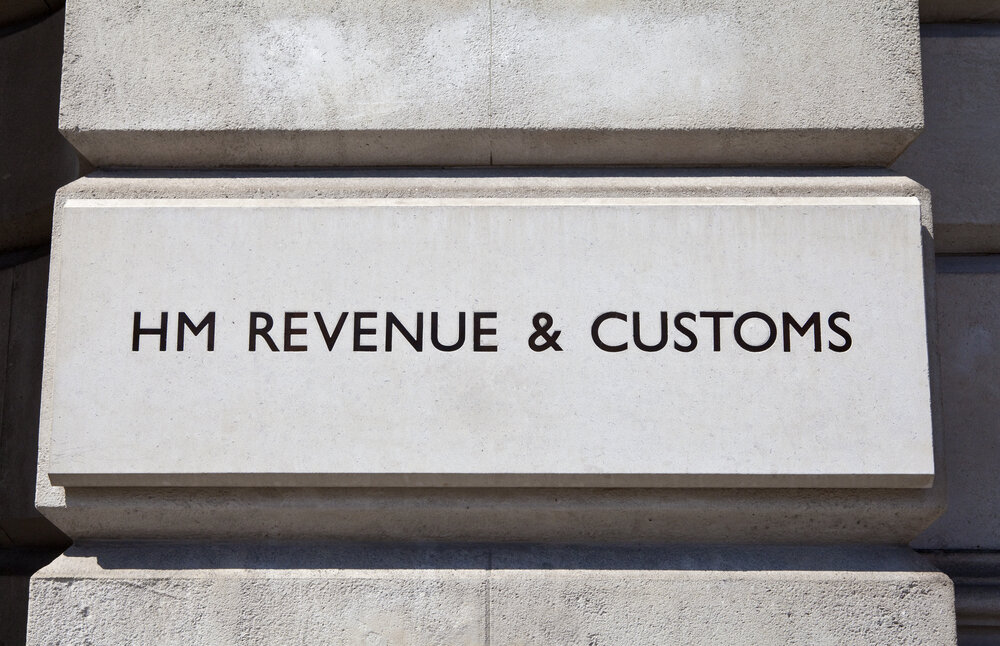Sorry folks that I’m a bit late, unfortunately man-flu set me back a week or so, it’s that time of year!
It is also the time of year that we have a budget, formerly the Autumn statement and this time around it was largely unremarkable except for one headline grabbing titbit.
The abolishment of stamp duty for first time buyerswhere the purchase price is £300,000 or less. When buying above £300,000 to £500,000 the normal rules apply but they still don’t have to pay on the first £300,000. Above £500k all bets are off and you are back to the same rules as the rest of us.
With the average house price in Surrey currently standing at £343,289, stamp duty is now £2,164 for a property at that price for first time buyers, saving around £5,000 on the ‘average’ Surrey home.
Personally I think it is a good idea, anything that helps first time buyers has got to be a good thing. However I have spotted a negative comment, The Guardian’s Andrew Sparrow said:
“True, the Office for Budget Responsibility has exposed his main headline-grabbing measure, the abolition of stamp duty for first-time buyers for homes worth up to £300,000, as a £600m gimmick that will just push up prices. But, even though it would be nice to live in a world where bad policy always amounts to bad politics, sadly we don’t, and it is hard to see Hammond suffering any penalty for his home owner subsidy (apart from when he realises he has not got £600m to spend on something else). The Tory tribe (MPs and newspapers) will never complain about a tax cut, and it is not a measure that will be voted down in the Commons. (For example, we can’t even be sure Labour will vote against it.)”
Reading between the lines the Guardian rarely agree with anything the Tories do, so I’m going to take the comment with a pinch of salt.
Although I take the point that potentially house prices could be pushed up I feel that the amount of first time buyers that this will encourage is likely to have a minimal effect on the market as a whole. What it does do is give a helping hand to those who have made the effort to save up a deposit and it is a saving they can put towards their new home.
Policing this could well be difficult. Presumably the responsibility for checking the land registry records will be down to the conveyancing solicitor? The government notes on the plan do not give any guidance on this.
Another point to note is that for joint purchases, both parties need to be first time buyers.
What should have more of an effect on the housing market is the promise to build 300,000 homes a year with support for the house building industry and investment in infrastructure. Five new “Garden Towns” to be built as part of this initiative. Sounds great, not sure where the money is coming from or where they are going to build stuff but I’m sure the boffins in Whitehall have got a cunning plan! Locally the plan to develop an 1800 home settlement at Dunsfold has been approved so I guess a few of these up and down the country will be part of the plan. I do recall this being in the pipeline for quite a few years though, and as far as I am aware no bricks have been laid yet.
So my conclusion, some headline grabbing policies but only time will tell if they will work and, in the case of the housebuilding, rather a long time.
If you’re a first time buyer looking to buy a property in Surrey or elsewhere and need mortgage advice, please get in touch. Call us on 01252 759233 or email info@thesurreymortgagebroker.co.uk.
A MORTGAGE IS A LOAN SECURED AGAINST YOUR HOME OR PROPERTY. YOUR HOME OR PROPERTY MAY BE REPOSSESSED IF YOU DO NOT KEEP UP REPAYMENTS ON YOUR MORTGAGE OR ANY OTHER DEBT SECURED ON IT.





